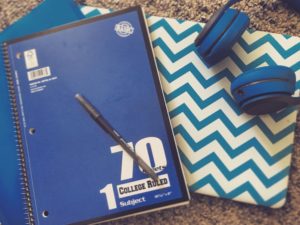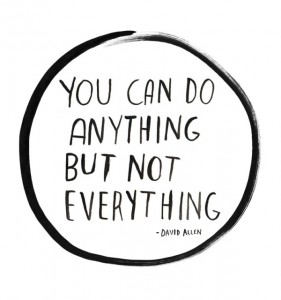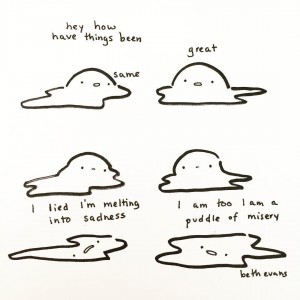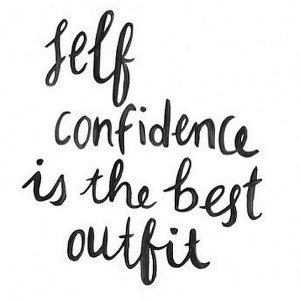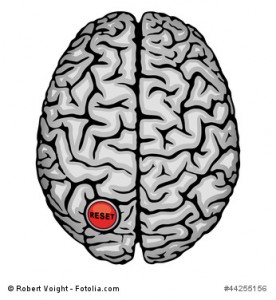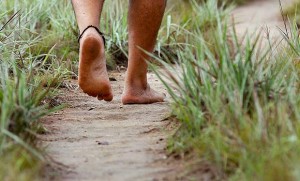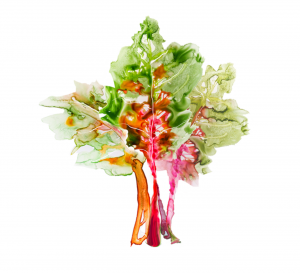After the initial shock and scramble for a newfound identity has passed, New York City can become pretty lonely and alienating until one finds their own niche community. In the beginning of my time at The New School, I struggled with finding my peers because it felt like everyone already created established groups. Coupled with my social anxiety, the city landscape was a rough place to immediately make close friends. I found that at first, the city offered a strange lack of intimacy disguised as comradeship in student life as I would find myself attending school organized activities with groups of people that I would no longer hear from after leaving the room. Keeping in contact has always been a difficult task for me, but I wanted to make close connections so I realized that I had to break out of the shell that I had created for myself. One thing I really had to learn for myself was that meaningful friendships exist in more than just group settings. In other words, it’s okay to feel like others may have more friends than you. Socializing should not feel like a competition! What really matters at the end of the day is that you have formed strong connections that are meaningful to you and the people you share them with. It took me a long time to realize that I don’t need an extremely large friend group that shares the exact same interests in order to be happy; after all, how is it possible to find people exactly the same? Such an occurrence is rare and can actually cause social disadvantages as you may never interact with people of different opinions than you. It is the equivalent of a friendship within a vacuum, which is the exact opposite lifestyle that New York City encourages.
With my social anxiety it was, and still is, often difficult to convince myself to take risks and talk to new people but I found that my best friends have been made through breaking out of my comfort zone. During my sophomore year, a classmate invited me to a party at her apartment in the East Village and I felt the immediate creep of anxiety rolling through me. Despite this, I realized that I never really went out when I had the opportunity to do so, and I considered the notion that I was missing out by spending my free time only with my one best friend in the city. I loved the lower east side and I knew that I needed to love and experience it beyond the media I consumed about it. I needed to branch out in order to have more diverse experiences and the party was the perfect place to do so! This notion came hand in hand with the recognition that if I want something, in this case friendships, I must be willing to put myself out there and make the effort to get to know people rather than expect them to come to me. Manifesting can only go so far if one does not act! At the party, my friend and I ended up meeting a new student who was also looking to meet people. We fell into easy conversation and by 2 am we were eating Ihop on 14th Street! Exploring preexisting relationships helped alleviate some of my social anxiety and meet more people. Unforgettably, I met one of my best friends at this party that I was so anxious to attend!
Beyond the casual irregular party invitations, another way to meet your own people is to create your own clubs. Sure, your university may offer its own interesting clubs but if you notice that there is not a specific club for you, try forming your own! A few friends and I started a book club when we were sophomores, and though the club never fully got off the ground, I was introduced to various new novels and people who are just as bookish as myself. Be open with your interests, this is the one thing I wish I had acted more upon. At the end of the day, there is no one to impress or be afraid of because your interests are what make you unique. You will attract the right people if you are open about what kind of person you are!
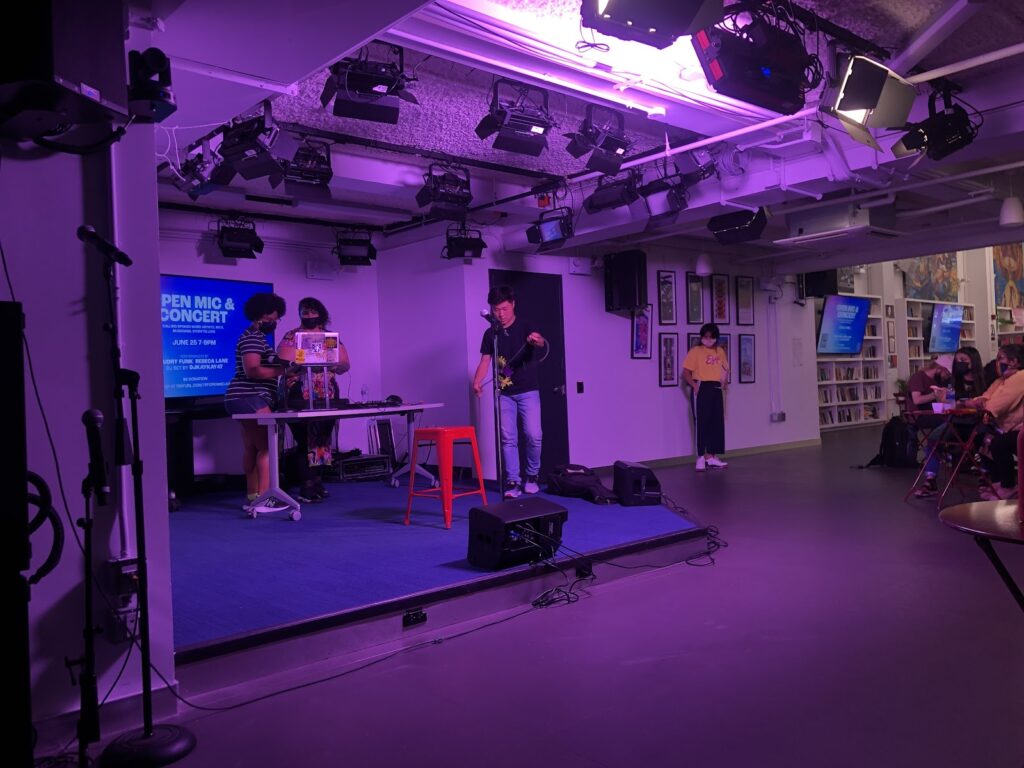
Open Mic Night at The People’s Forum
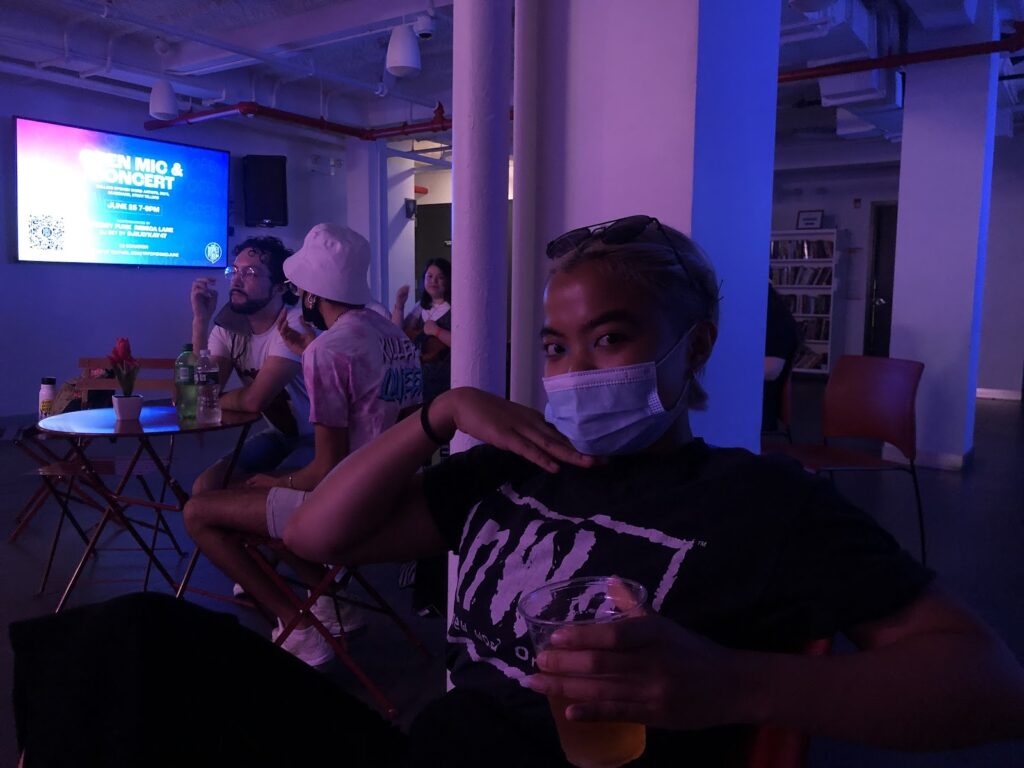
Lastly, I also recommend volunteering in your community. One way to find people with a similar drive and passion to you is through volunteer work! I highly recommend The People’s Forum, which is located on W 37th Street in the Garment District of Manhattan. The People’s Forum uses their space to organize political activist events and host activities like open mics and movie showings. They also have volunteering opportunities that encourage conversations with like minded individuals and a chance to help out a cause that one believes in. I have been to a few of their open mic nights, which featured acts from original performances to poetry readings! Consider what you believe in and how you can make a difference in your community. This is a surefire way of making new connections that can last beyond the time that you volunteer for an organization!
___
Overview
- Dismiss the idea that your friend group must be large and identical in personality, doing so will make you happier in the long run.
- Hold your friends close; form meaningful relationships with people that you actually enjoy talking to rather than just aiming to impress.
- Wear your interests on your sleeve! Don’t be afraid to showcase your interests.
- Volunteer with organizations to help out in your community! I recommend The People’s Forum.
_______________________________
Helisoa Randriamanana is an aspiring writer, academic, and recent Spring 2021 graduate of The New School with a BA in literary studies and a double minor in philosophy and religious studies. She is interested in jump starting a career in the world of book publishing and most of her work, both fiction and non-fiction, reflects the humanist philosophy of Emmanuel Levinas.

For over 20 years, the Campus Clipper has been offering awesome student discounts in NYC, from the East Side to Greenwich Village. Along with inspiration, the company offers students a special coupon booklet and the Official Student Guide, which encourages them to discover new places in the city and save money on food, clothing, and services. At the Campus Clipper, not only do we help our interns learn new skills, make money, and create wonderful e-books, we give them a platform to teach others. Check our website for more student savings and watch our YouTube video showing off some of New York City’s finest students during the Welcome Week of 2015.


